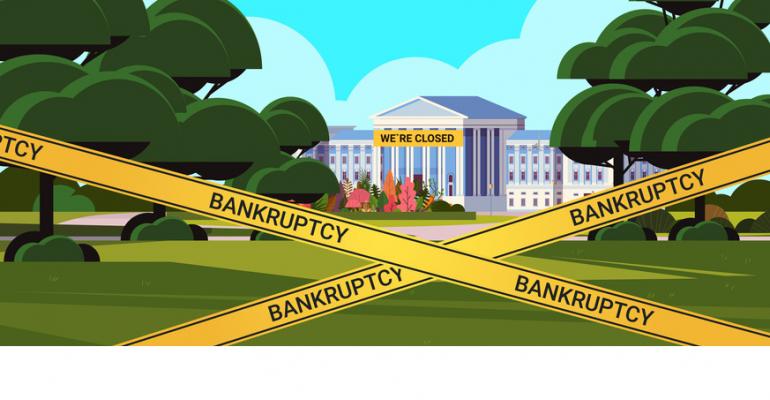Across the country, the ramping up of Covid-19 vaccinations and the falling infection rate has brought hope to the events industry. A survey released this week by Freeman shows that the vast majority of exhibitors and attendees of business events expect to be at in-person events by this autumn.
Specifically, 78 percent of frequent attendees say they plan to be at events in person this fall, and another 16 percent said they expect to be on site by winter. And among exhibitors, 80 percent said they are planning to be at in-person events by the fall, while another 15 percent said they expect to be on site by winter.
But the multi-million-dollar question is this: Can meetings-focused hotels hold on that long?
“It’s our forecast that 2021 will be a year of two distinct halves,” says Jan Freitag, senior vice president, lodging insights for STR. “With more than two million people vaccinated every day from here on out, it’s a fair assessment that [July through September] will see leisure travel returning as well as some of the corporate transient and group travel. This should give many hotel owners confidence that they will have cash flow and can say to their financial institutions, ‘Okay, we’re back to a good revenue stream, so let’s work things out.” On the other hand, “it is true that some property owners and some lenders are simply tapped out right now, or close to it,” adds Freitag (pictured here). “Those owners are telling their lenders, ‘I have no more cash to give you,’ and the lenders are saying, ‘After a year of this, we can’t extend the terms any further out. Go find some capital or we have to act.’”
On the other hand, “it is true that some property owners and some lenders are simply tapped out right now, or close to it,” adds Freitag (pictured here). “Those owners are telling their lenders, ‘I have no more cash to give you,’ and the lenders are saying, ‘After a year of this, we can’t extend the terms any further out. Go find some capital or we have to act.’”
As a result, the next three months will be a time for meeting planners to pay close attention to the financial situations of prospective host properties for events they’re planning in the second half of 2021. This MeetingsNet article offers advice from two industry attorneys on how planners can monitor a property’s financial performance while also creating contract clauses that protect the meeting host from financial loss if a hotel suspends operations before the event happens.
Particularly in the biggest markets for business travel, including New York, Chicago, and San Jose, “there have been some very high-profile property closings that have gotten the headlines on this issue,” says Freitag. “But a property is closed only until a new financial backer comes in and tells the bank, ‘Let us pick up the payments at a lower basis and see if we can make this work.’ And there is a lot of recovery capital out there that’s waiting to be deployed.”
He cites the most recent such development: ACORE Capital was able to raise $1 billion in February for a fund to rescue distressed hotels. “This type of capital is not cheap,” Freitag notes, “but when the alternative is losing the property, owners will do what they must.”
However, all of this is of little comfort to an organization whose event gets derailed by a host property suspending its operations even temporarily. Making things even more problematic is that Freitag thinks that “Q3 could be quite active for business events. Organizations see that time frame getting more realistic every week, so September and October could be really busy.” And if a group’s contracted property suspends operations during that time, “trying to find another hotel to use could be pretty tough.”

How Many Meetings Hotels Won’t Make It Through 2021?
A veteran industry analyst sees positive trends ahead, including lots of recovery capital in the market to shore up ailing properties.
0 comments
Hide comments




